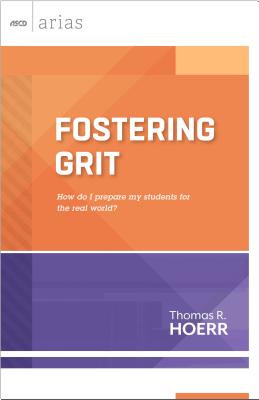
Pearson, Thomas W.
product information
description
ry parenting blends memoir and cultural analysis to explore evolving ideas of disability and human difference. An Ordinary Future is a deeply moving work that weaves an account of Margaret Mead's path to disability rights activism with one anthropologist's experience as the parent of a child with Down syndrome. With this book, Thomas W. Pearson confronts the dominant ideas, disturbing contradictions, and dramatic transformations that have shaped our perspectives on disability over the last century. Pearson examines his family's story through the lens of Mead's evolving relationship to disability--a topic once so stigmatized that she advised Erik Erikson to institutionalize his son, born with Down syndrome in 1944. Over the course of her career, Mead would become an advocate for disability rights and call on anthropology to embrace a wider understanding of humanity that values diverse bodies and minds. Powerful and personal, An Ordinary Future reveals why this call is still relevant in the ongoing fight for disability justice and inclusion, while shedding light on the history of Down syndrome and how we raise children born different.
member goods
No member items were found under this heading.
Return Policy
All sales are final
Shipping
No special shipping considerations available.
Shipping fees determined at checkout.







